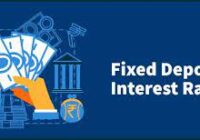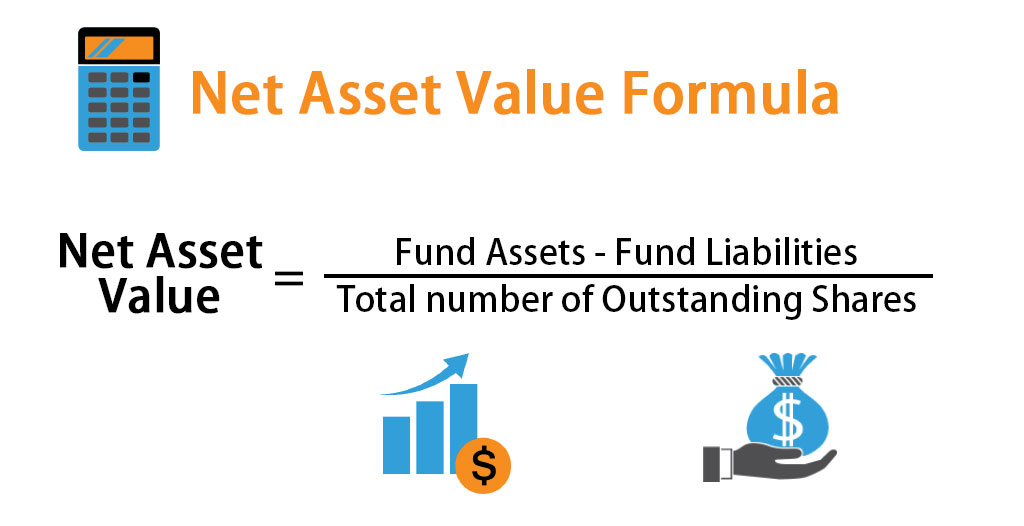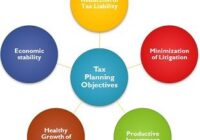Rich & Wealthy
Rich & Wealthy “Rich” and “wealthy” are often used interchangeably, but they have slightly different connotations: 1. Rich: Being “rich” typically refers to having a high income or substantial assets. A person can become rich through various means, such as a high-paying job, successful business ventures, or inheritance. Being rich usually implies having a significant… Read More »









